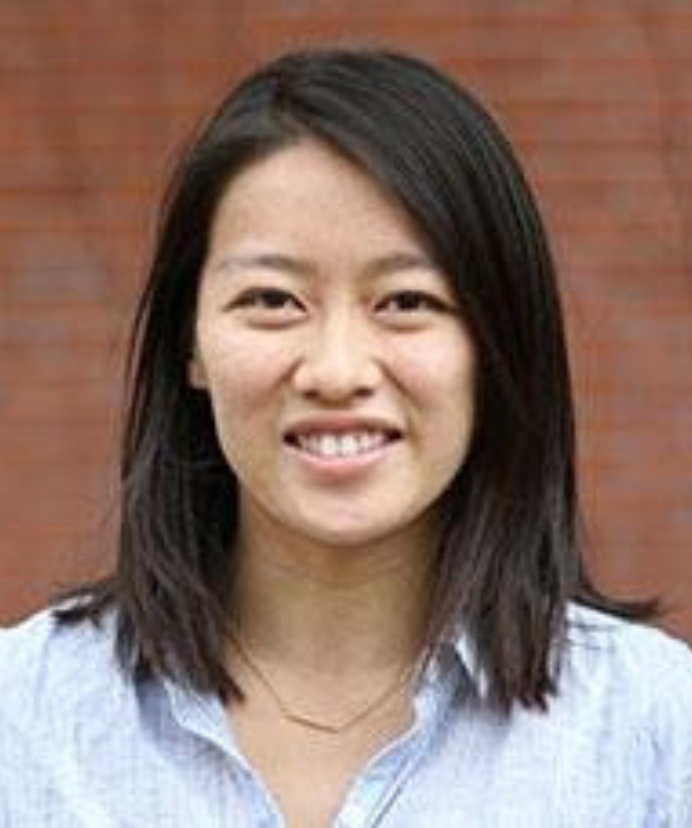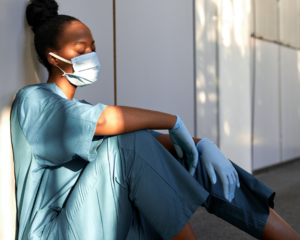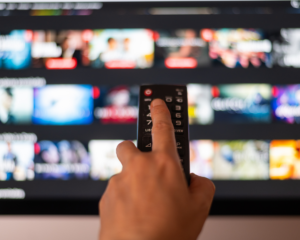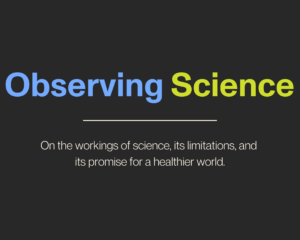Abdul El-Sayed
PHP fellow Qing Wai Wong speaks with Abdul El-Sayed about his term as Health Director at the Detroit Health Department and his decision to run for governor of Michigan.
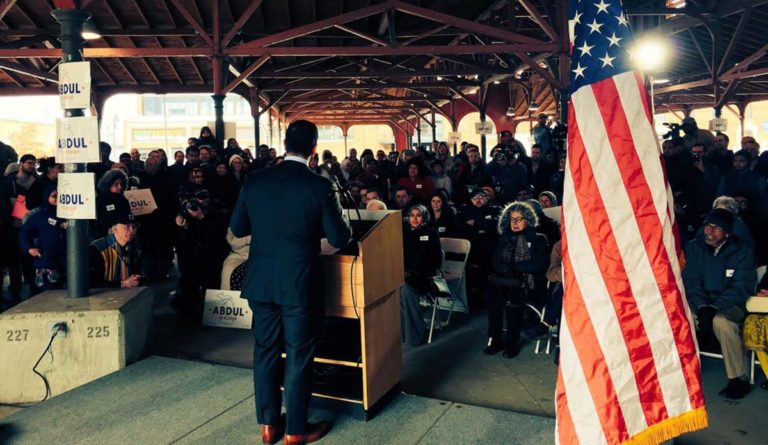
Read Time: 5 minutes
Published:
Abdul El-Sayed, born and raised in Michigan, earned a Ph.D. from Oxford University and M.D. from Columbia University on top of being a Rhodes Scholar. He taught and studied health disparities within the epidemiology department of Columbia University Mailman School of Public Health, and in 2014, he took a position as the Health Director of Detroit’s Health Department. He is currently a gubernatorial candidate in Michigan.
The infamous debt crisis and subsequent bankruptcy of the City of Detroit led to the extreme measure of privatizing the Detroit Health Department in 2011. A private nonprofit called the Institute for Population Health took over administration of public health services, using funds from the federal and state governments but not from the city. Detroit was the first city in the nation to privatize its health department, outsourcing all of its usual programming.
Three years later in 2014, Dr. Abdul El-Sayed was tasked with rebuilding the Detroit Health Department. His term at the Department is over and he is now running for governor of Michigan.
I chatted with him over the phone ahead of my visit to Detroit this summer.
On why he chose politics
I’ve always been committed to a set of values that means society should always first and foremost focus on their challenges. And I believe in equity. I believe in efficiency as a means of thinking about how we conserve our resources, and then evidence as a way of making complex decisions when you’re facing a challenging circumstance.
I try to be honest about my feelings about all of those and I thought when I was in college I would be going to serve equity by being a physician. I thought I wanted to be a surgeon working in sub-Saharan Africa. I realized I was a lot more interested in the work of addressing the social determinants and I thought I would do that as an academic. My research was entirely focused on social determinants of health and health inequalities. And then I realized that I was getting further and further away from the kind of actual work that I was interested in that took me to med school in the first place. And then decided I was going to leave academia and go to public service. I got an opportunity to rebuild the health department as the health commissioner.
New York City invests $150 per person for public health a year, the city of Detroit invests a dollar. And I was hired to rebuild that department.
On rebuilding the Detroit Health Department
I was hired to bring it back—to rebuild it. I walked into a department of five city employees, 85 contractors. We were running off of $1 million dollars of city investment a year. To make sense of that, New York City invests $150 per person for public health a year, the city of Detroit invests a dollar. And I was hired to rebuild that department.
We rebuilt it on the well-being of kids. We thought a lot about how we could leverage health to disrupt intergenerational poverty. We thought a lot about how we could leverage health to disrupt intergenerational poverty — break down the kinds of barriers that children had to being able to learn and earn in Detroit — like we would want for any kid anywhere in the United States or in the world. So, we focused on a number of outcomes that were critical in the transmission of intergenerational poverty — things like poor vision, asthma, lead, infant mortality, teen pregnancy, and malnutrition.
I had been concentrating on one agenda item on a very large agenda, only to appreciate the fact that if we truly care about social determinants and health inequalities, we have to set an agenda that puts people first. Because really, good health has everything to do with access to a good job that pays a living wage that puts food on the table, that puts clean water in a cup, that puts clean air in lungs, that allows people to walk their neighborhoods unmolested and un-traumatized. That helps folks to know that they’re going to be able to have a stable roof over their heads. That’s the work of public health and that’s also the work of public service.
In fact, we cannot talk about public health without talking about politics and we cannot talk about politics without talking about public health.
On the intersection of politics and public health
Politics is the system by which we make decisions about how we allocate scarce resources in society. Health is the consequence of how we allocate scarce resources in society. I think the way we have to approach our politics has to be with a focus on what the impact on well-being across communities would be based on our policies. I think those two are indelibly linked. In fact, we cannot talk about public health without talking about politics and we cannot talk about politics without talking about public health. And I see them as intertwined in really important ways.
And one of the advantages I have as a potential governor is a focus and preoccupation with what the consequences of what we do as a society are going to be on the lives and livelihoods of real people. Because I’ve seen those lives and livelihoods up close and personal as a doctor. And I also appreciated exactly what local policies and politics can do in communities like Detroit. To me, when I come to make tough decisions, and working with state government or government generally about those decisions, my focus is always going to be on, ‘what is this going to do to the well-being of those people,’ because if that’s not our least common denominator then we’re getting it wrong.
Feature image courtesy of Abdul El-Sayed.
